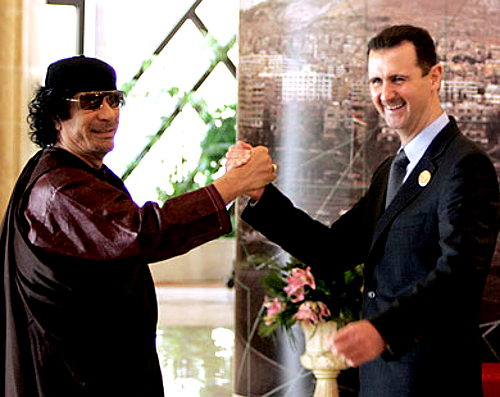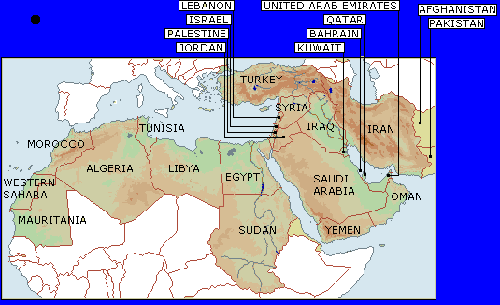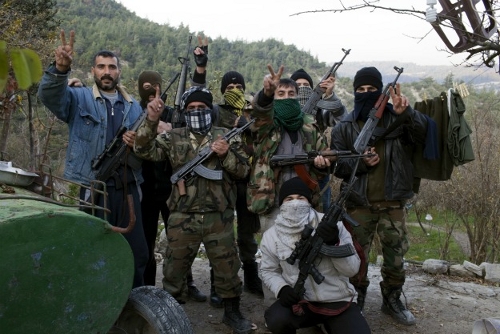Will Syria Be Libya All Over Again?
January 26, 2012, will mark the one year anniversary of the first protest in Syria which led to the mass movement that erupted two months later, on March 15, and has drawn the attention of the world to the plight of the Syrian people, and the brutality of the Al-Assad regime. According to the Syrian Observatory of Human Rights, 4100 civilians have been murdered by government forces since March 15, 2011.
On January 18 the Zabadani ceasefire was broken. More deaths are being reported daily. As thousands have taken to the streets in support of an armed rebel group, the Free Syrian Army, Nabil Elaraby, Head of the Arab League, warned of civil war. Once again the Arab League is looking to the global community to support the citizens of one of the countries it represent.
The team of Official observers from the Arab League is falling apart. If they weren’t one of the 12 already attacked and injured by Assad supporters, they’ve either quit or are seriously reconsidering the wisdom of continuing their role.
The last time we saw this scenario play out the Arab League ended up requesting intervention by the United Nations. The United Nations then deferred to NATO. What started out as the global community intervening to aid civilians being brutally oppressed by a dictator became a continuation of Western colonialism and a windfall for big oil.
Syria is an ally of Iran, and is strategically placed in the volatile region. As tensions mount with Iran over the Iranian threat to close the straits of Hormuz, western intervention in Syria takes on another dimension of motivation in addition to the rights and security of the Syrian people. Just like in Libya.
The mandate of the Arab League observers is set to expire and their report is due out today. Any call for intervention has the potential to trigger the same series of events that took place in Libya. The Arab League to the UN, and the UN to NATO. Western strategists may now consider the benefits of controlling an Iranian satellite over conducting a proxy war with Iran through Israel.
Control over Syria presents a better possibility of having leverage with Iran while not risking conflict with China, an ally of Iran’s that depends heavily on Iranian oil.
Once again, the protection of Human Rights have only earned the potential intervention of the international community as an excuse to further empire and exploit resources at the expense of the vulnerable that require the assistance. If it wasn’t for oil, Syria would likely receive all the apathy and depraved indifference that the people of eastern Africa and Haiti have received.
Al-Assad, and his unnecessarily brutal tactics, have proven to be such a benefit to the machinations of western colonial powers that, if he doesn’t suffer the same fate as Qadaffi at the hands of the Syrian people, he may just have earned himself an estate in Saudi Arabia protected by American military contractors.
Related Articles


















You must be logged in to post a comment Login